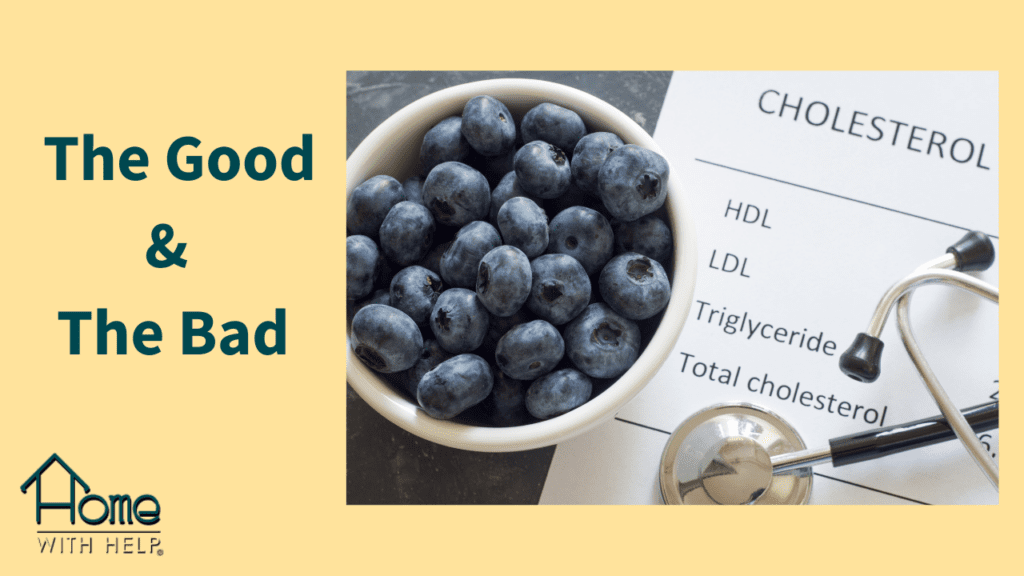
WHAT IS CHOLESTEROL?
Cholesterol is a substance found in your cells that your body needs to function. Good cholesterol (HDL) helps your body digest food and is important for the production of hormones and Vitamin D. Bad cholesterol (LDL) can increase the risk of heart disease. If you have high cholesterol levels, it is important to work with your healthcare provider to develop a treatment plan that may include medication, lifestyle changes, and regular monitoring of cholesterol levels.
Here are a few things you can do to work on your cholesterol, so it is beneficial for you and not harmful to your health.
DIET
To maintain healthy cholesterol levels, it is important to reduce the amount of saturated and trans fats you eat, which can increase LDL cholesterol levels. Instead, focus on eating foods that are high in fiber, such as fruits, vegetables, whole grains, and legumes. You can also eat nuts, seeds, and fish for healthy fats. But, always talk with your doctor about your specific diet.
Foods that have been known to help with cholesterol…
- Fatty Fish (Like Salmon)
- Berries
- Citrus Fruits
- Extra virgin olive oil
- Avocados
- Legumes
- Tomatoes
- Flax Seeds
EXERCISE
Regular exercise can help lower your cholesterol levels and actually increase the production of (HDL) good cholesterol. This will help prevent plaque from building up in your arteries.
Make exercise part of your daily routine. Take a walk, swim, or play a sport you enjoy. By creating moments where exercise is not a task but a part of your day, your new habit won’t feel hard anymore.
This may be more difficult for those who need more help moving. However, caregivers are a great option to help you with activities of daily living that may be difficult to do on your own. Read here to understand more of what their roles are to see if this is what you need.
SMOKING AND DRINKING
Try to avoid alcohol and stop smoking. These two things can be detrimental to your cholesterol and may increase your chances of a heart attack. There are many resources out there that can be of help to making the life shift. The FDA has a list of some tools that are deemed safe for use.
GENETICS
Sometimes cholesterol is simply genetic and all the lifestyle changes you can make simply will not be enough. Therefore, it is important to keep a comfortable relationship with your doctors and be candid about your concerns and attempts to better your life choices and actions. They will be a huge resource for you on your health journey and will be able to give you the information best suited for your personal needs.